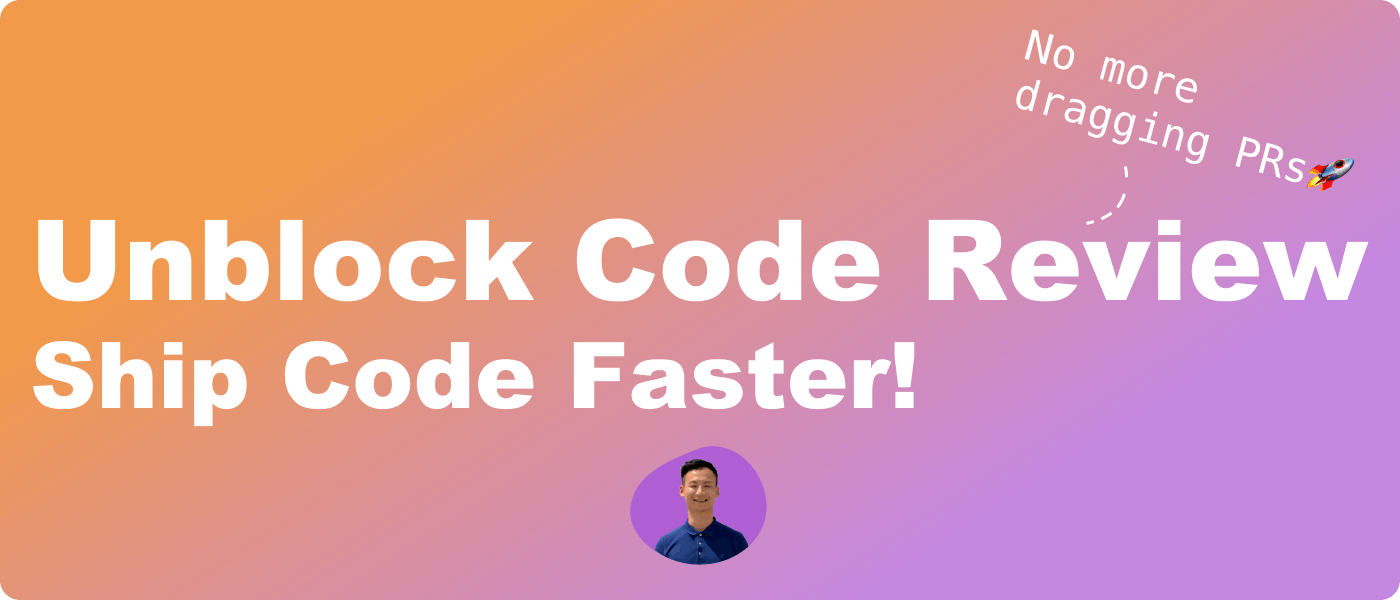662 reads
What to do When You're Tired of Slow Code Reviews
by
December 6th, 2022
Audio Presented by

I write for engineers. I write about web technology, coding patterns, and best practices from my learnings.
About Author
I write for engineers. I write about web technology, coding patterns, and best practices from my learnings.
